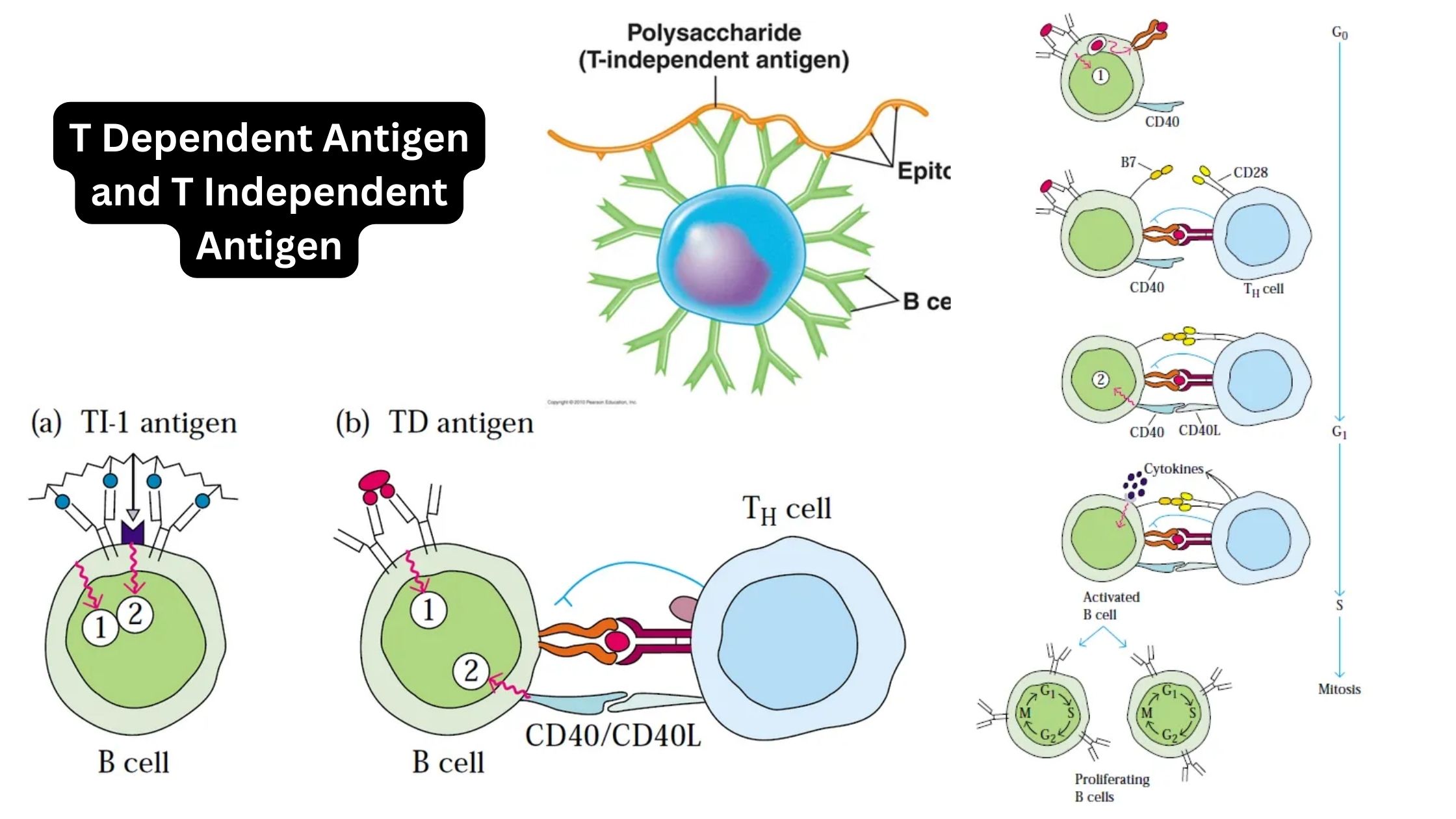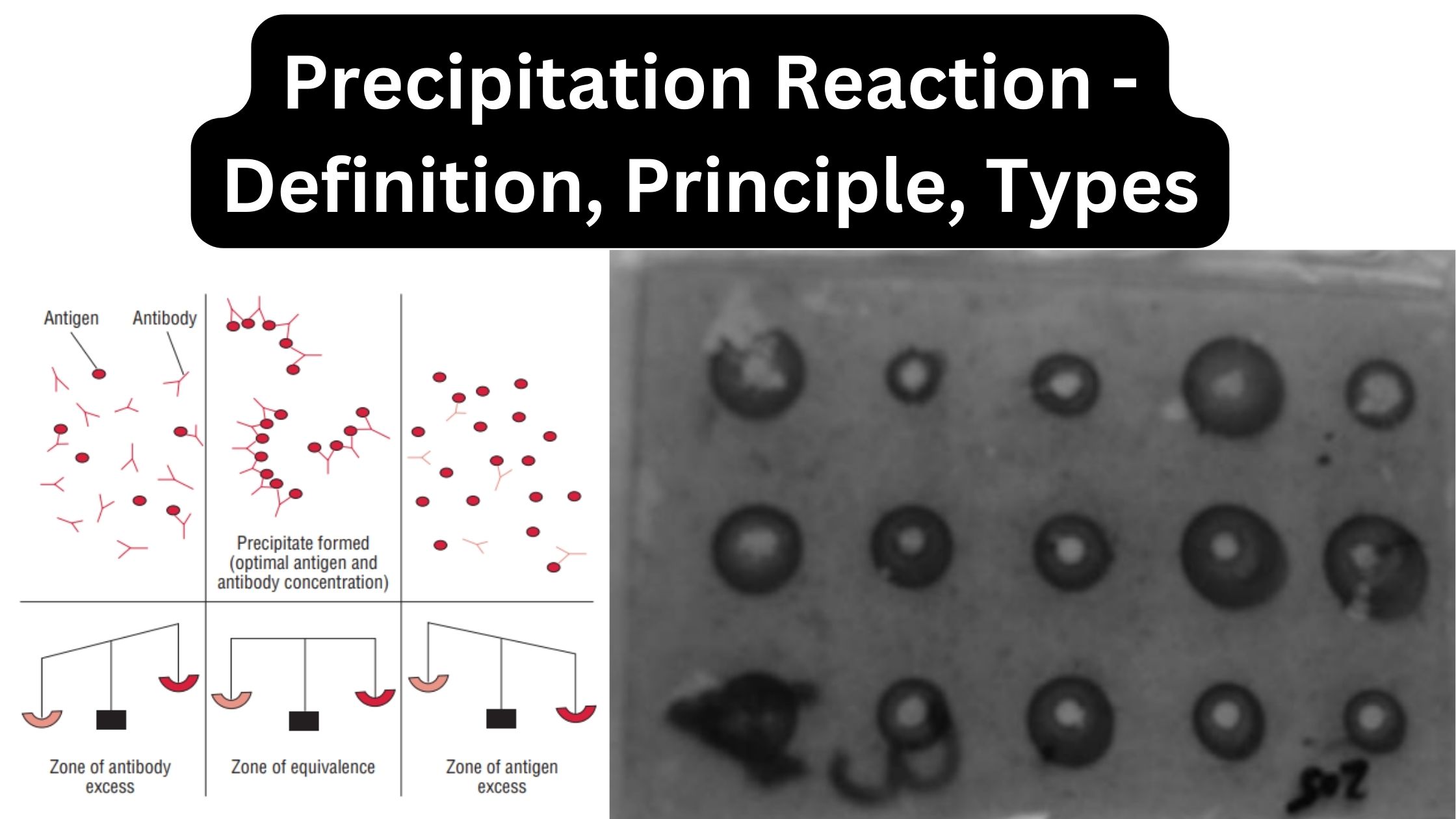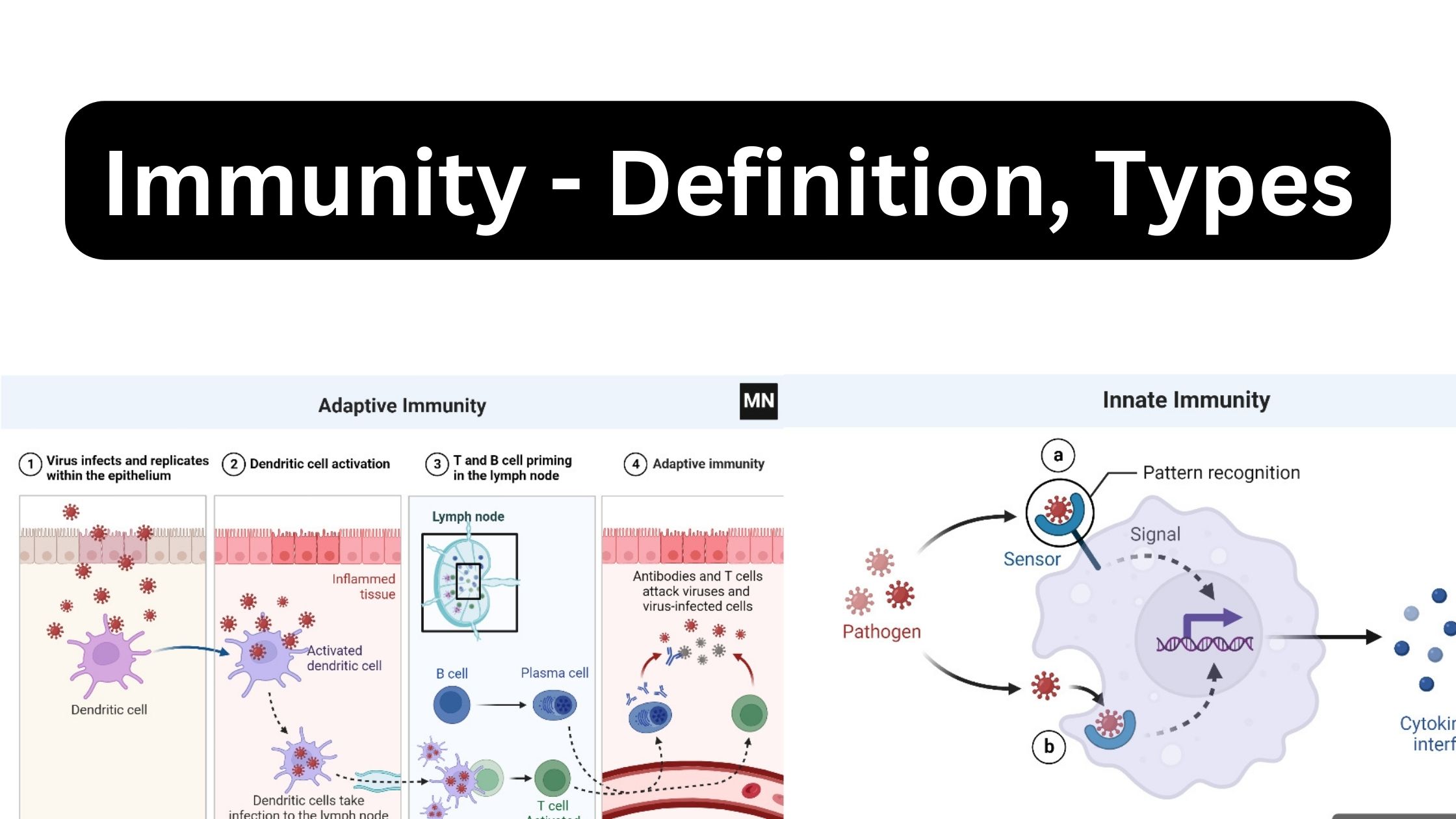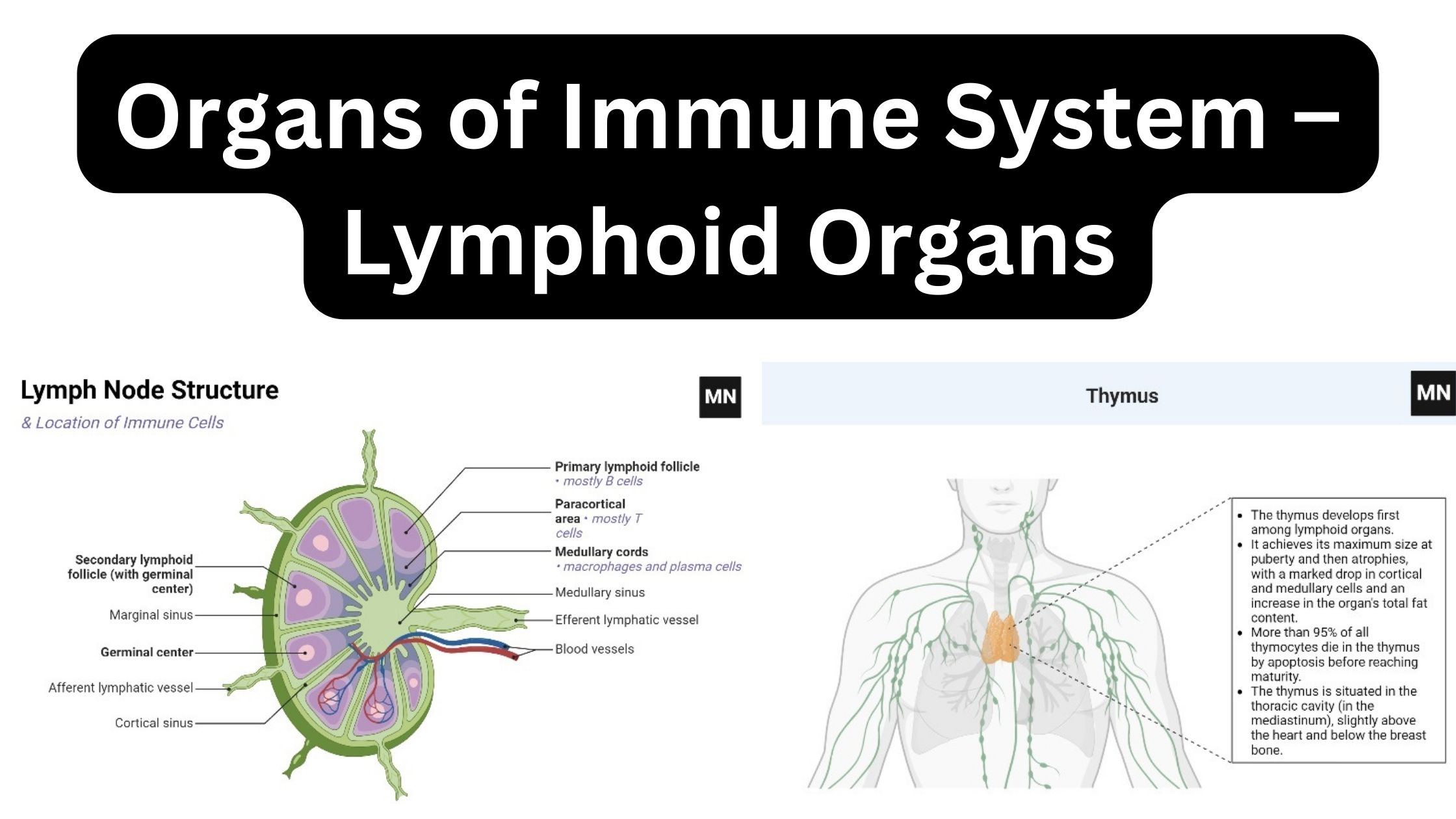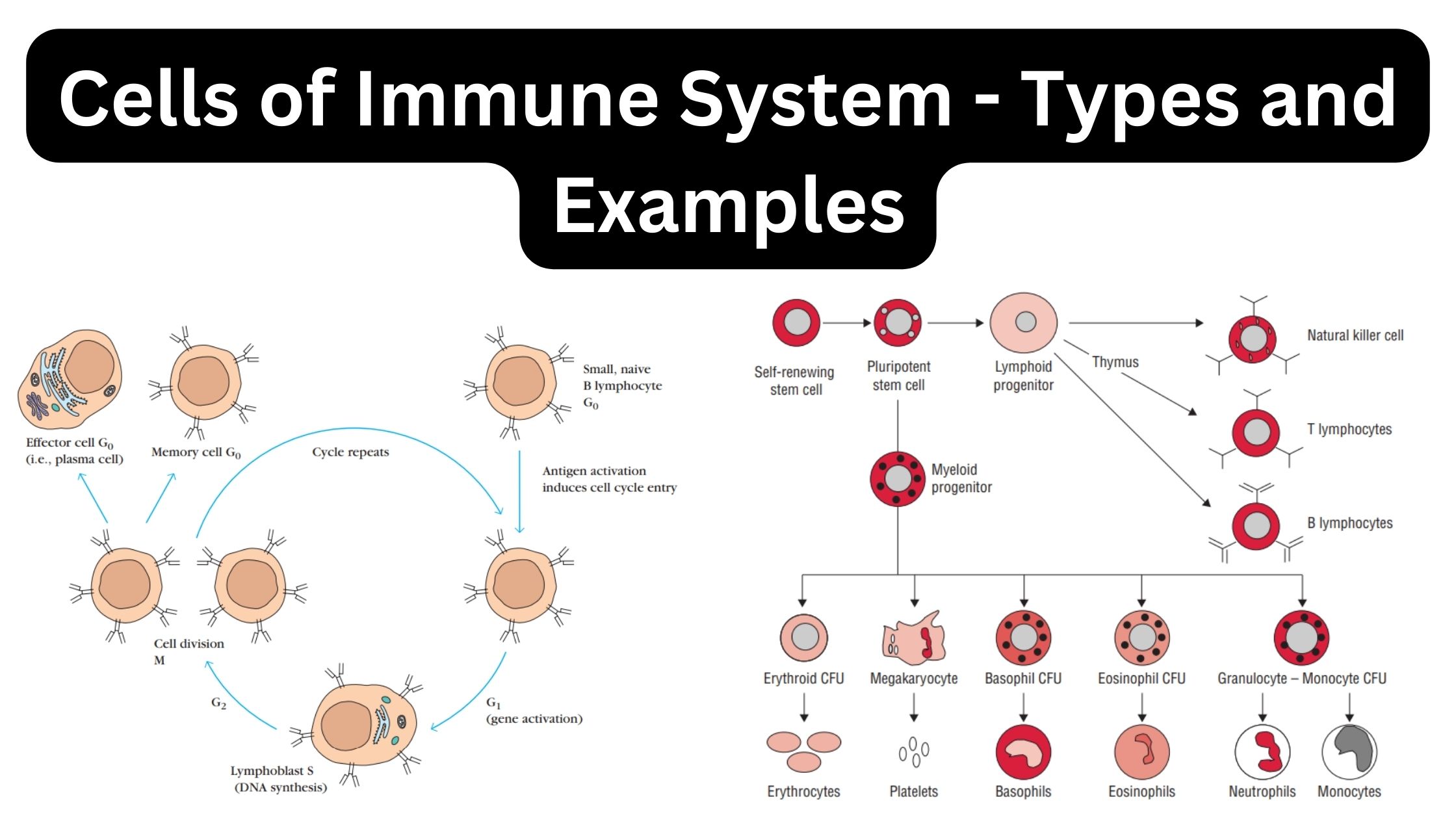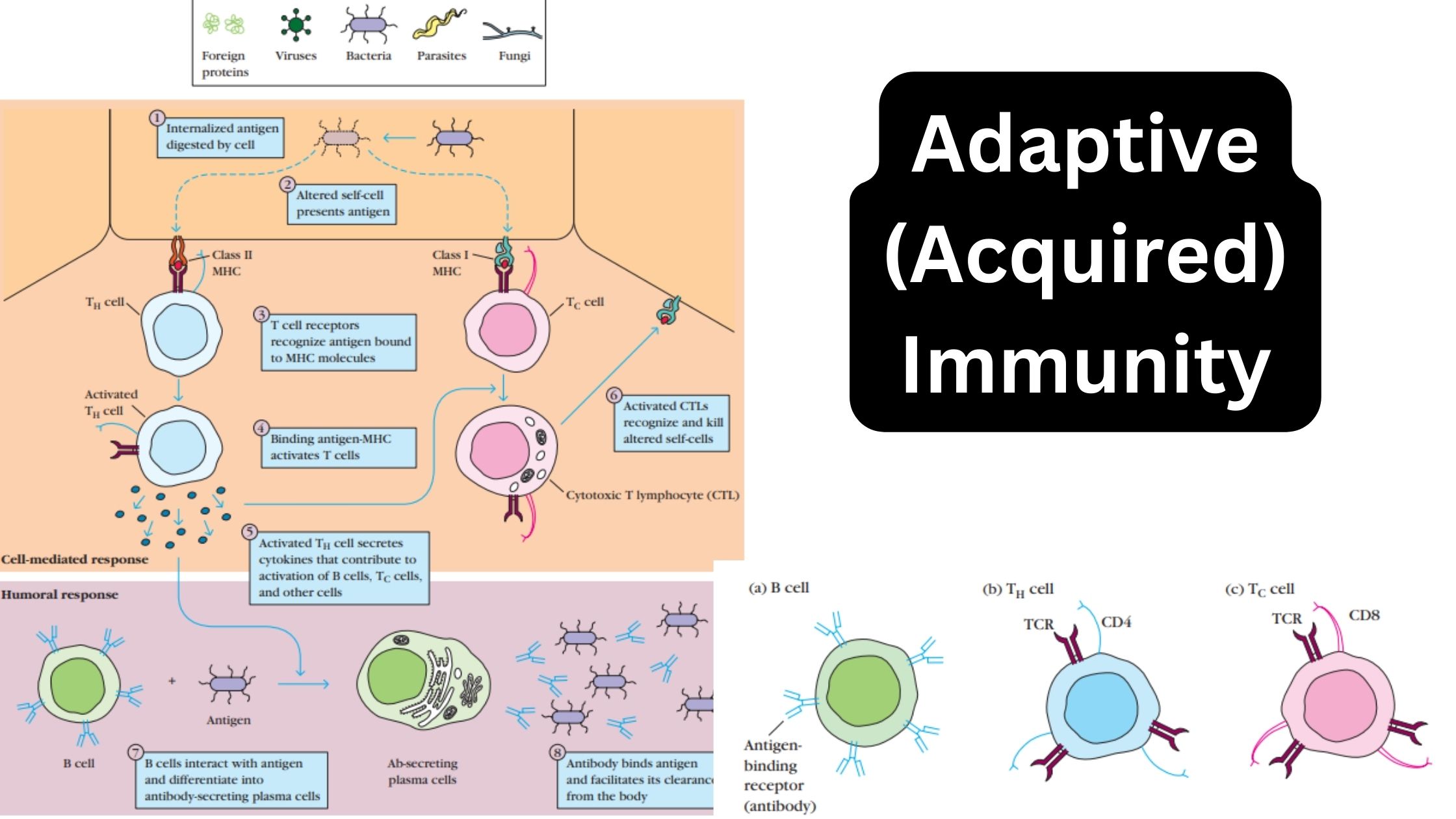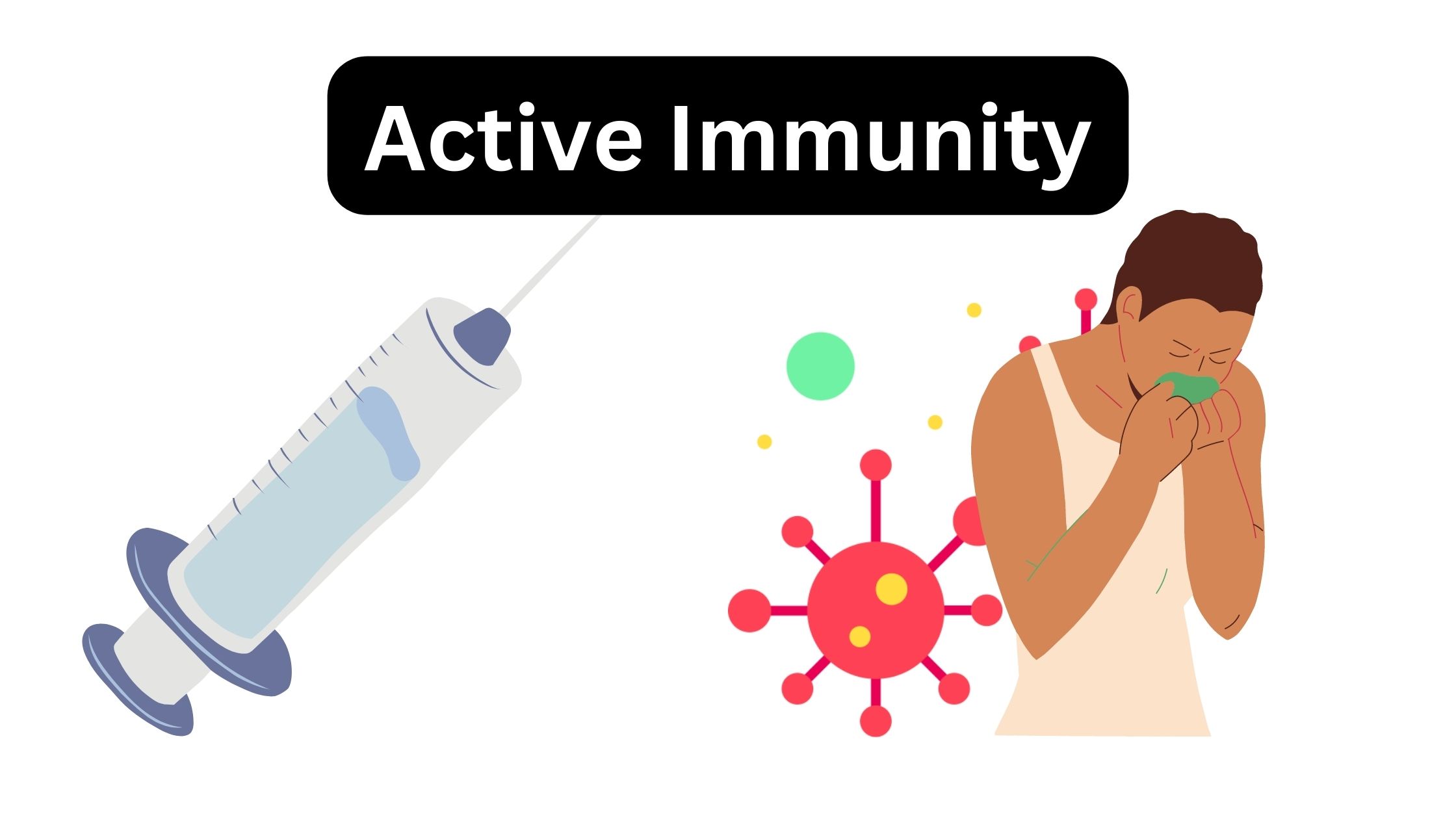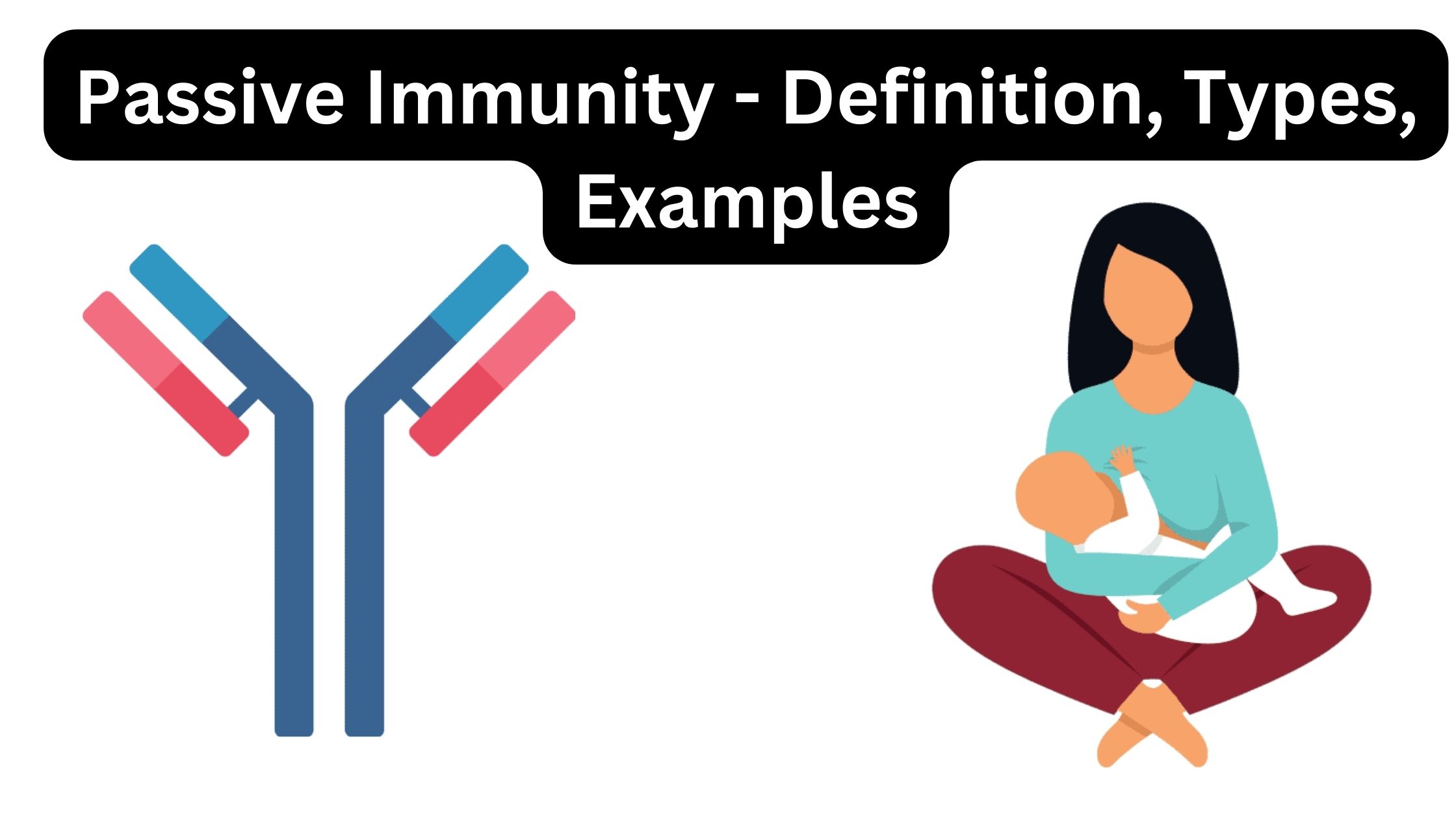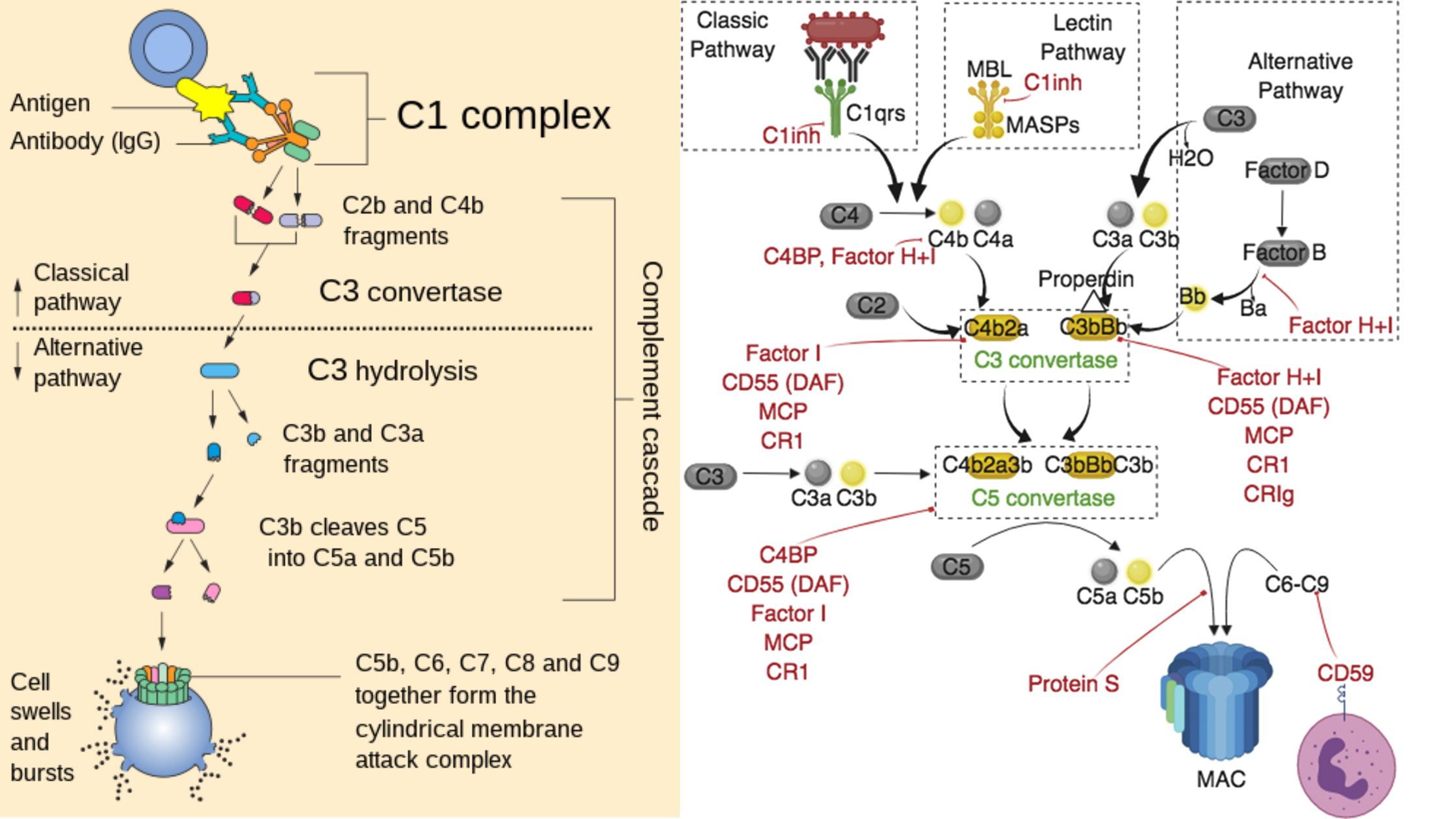Superantigens (SAgs) – Definition, Structure, Examples
What are Superantigens (SAgs)? Superantigens (SAgs) are a type of antigens that stimulate the immune system excessively. It specifically results in non-specific T-cell activation, polyclonal T-cell activation, and large cytokine release. Features of Superantigens (SAgs) Classification of Superantigens (SAgs) The superantigens can be grouped generally into the subsequent families: Structure of Superantigens (SAgs) Examples of … Read more

